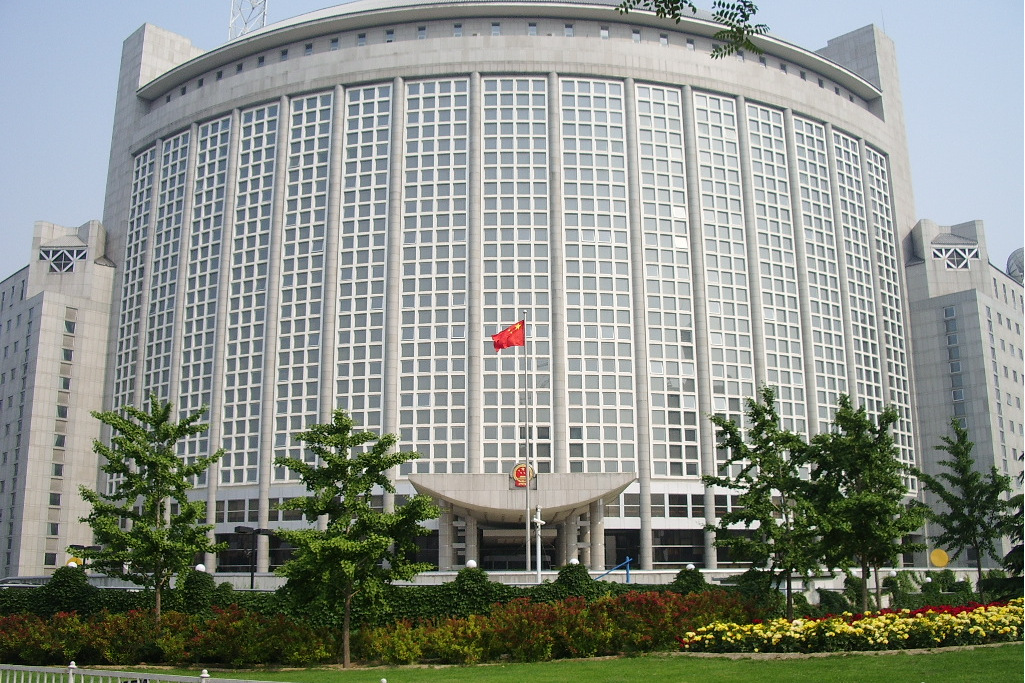
China's Ministry of Foreign Affairs (MFA) has launched a pilot program for electronic apostilles. On 18 June 2025, the initiative began with the goal of streamlining procedures for cross-border document circulation, offering efficient and convenient services to Chinese and foreign citizens and businesses. This builds on reforms following China's implementation in 2023 of the Convention Abolishing the Requirement of Legalisation for Foreign Public Documents, which simplifies the traditional consular "double authentication" process into a single-step apostille.
The pilot initially focuses on certificates of origin issued by the China Council for the Promotion of International Trade (CCPIT), with plans to extend it to other public documents in the future. The program operates entirely online, enabling applicants to submit simultaneous requests for certificates of origin and electronic apostilles via the CCPIT’s “CCPIT Service” platform (www.rzccpit.com), eliminating the need for in-person procedures. Electronic apostilles carry the same legal weight as physical versions, allow for online verification, and substantially cut down on time and costs.
From January to May 2025, the national CCPIT system issued 3.1312 million commercial certificates, marking a 15.58% year-on-year increase and highlighting robust activity among foreign trade enterprises.
Contributors: CJO Staff Contributors Team








